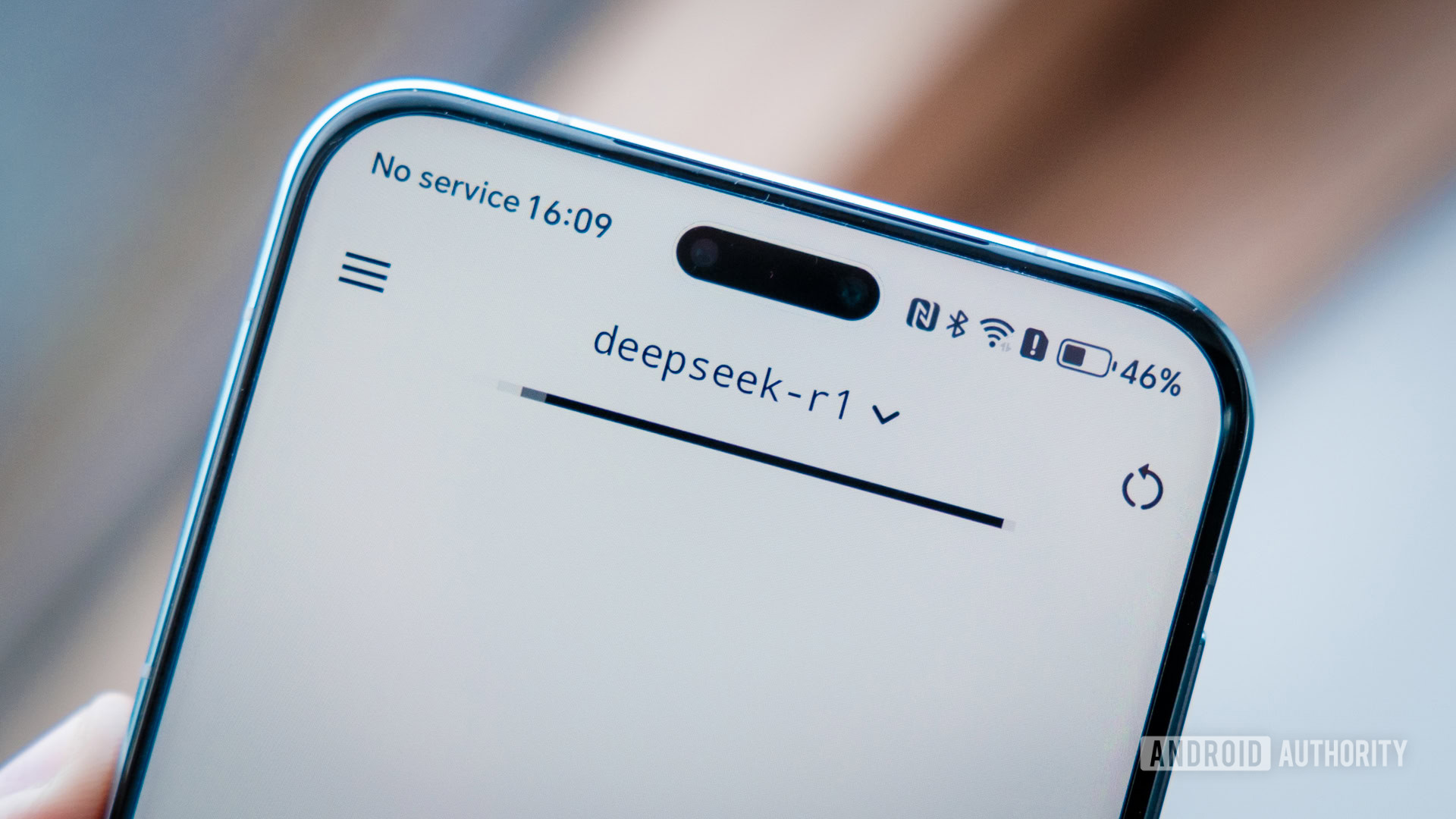(WXMI) — Artificial intelligence is all around us. From our devices to your cars to now, thousands of physicians at Corewell Health will have it at their disposal as a new tool.
AI can now be in the room with patients and their doctors.
What is clear is that AI, whether in your phone or in the hospital, is inevitable, if not put into practice.
“It’s kind of like when people sign up for it, not whether they do it or not,” says Dr. Diana Bitner, chief medical officer at True Women’s Health.
AI is one of the latest innovations that they hope can help.
Corewell Health just announced that AI will now take place alongside the patient-physician conversation.
“It really just helps organize that conversation into a format that works really well for our medical record, and that saves time on the provider side,” explains Jason Joseph, Chief Digital and Information Officer for Corewell Health.
The program is Abridge and listens to the conversations between patient and healthcare provider, summarizes them and generates the necessary documentation.
Corewell expects that the hours saved on paperwork can now be returned to the patient.
They also hope to prevent burnout among doctors.
Doctors often spend just twelve minutes with a patient, but hours afterwards, even at home, on administrative paperwork that AI could have helped with.
The new technology is now available in 21 Corewell hospitals and more than 300 outpatient locations.
“It’s a good thing… it’s great,” Dr. added. Bitner added. “They’re doing it. We’re all doing it. It’s a wave of the future.”
Artificial intelligence is used in a number of fields, including news. Many reporters use it to transcribe long interviews. The responsibility comes in handy when you make sure that what it writes is correct.
“That’s why we have that human in the loop process,” Joseph said. “So it is absolutely a requirement that the physician afterwards reads that summary and ensures that it is accurate before anything is finalized or sent.”
That certainty may not be enough for some. The core of the conversation around AI has always included concerns.
“They may not be as forthcoming in the discussion as they would be if it wasn’t recorded,” said Greg Gogolin, director of cybersecurity and data science at Ferris State University. “In that sense, that is perhaps one of the most important pitfalls for me.”
Dr. Greg Gogolin is Director of Cyber Security and Data Science at Ferris State University. AI gets his name wrong, and he says there may be some catching up to do on the medical front.
“That technology has developed so quickly, though, and when you train with a lot of medical information, a lot of that kind of information comes naturally,” says Dr. Gogolin.
Corewell patients may refuse its use. If it is approved, they may only notice a recording from a telephone or listening device.
“That’s about the only thing they’re aware of,” explains Dr. Gogolin out. “What they’ll probably notice is that, ‘Wow, my doctor was having a lot more conversation and just focusing on me and not engaging in the conversation.’ looking at the computer.”
“When caregivers can have a little more time and space and not have the burden of constantly typing while the patient is occasionally talking, it gives them the freedom to do what they love.”
Follow FOX 17: Facebook X (formerly Twitter) -Instagram-YouTube








